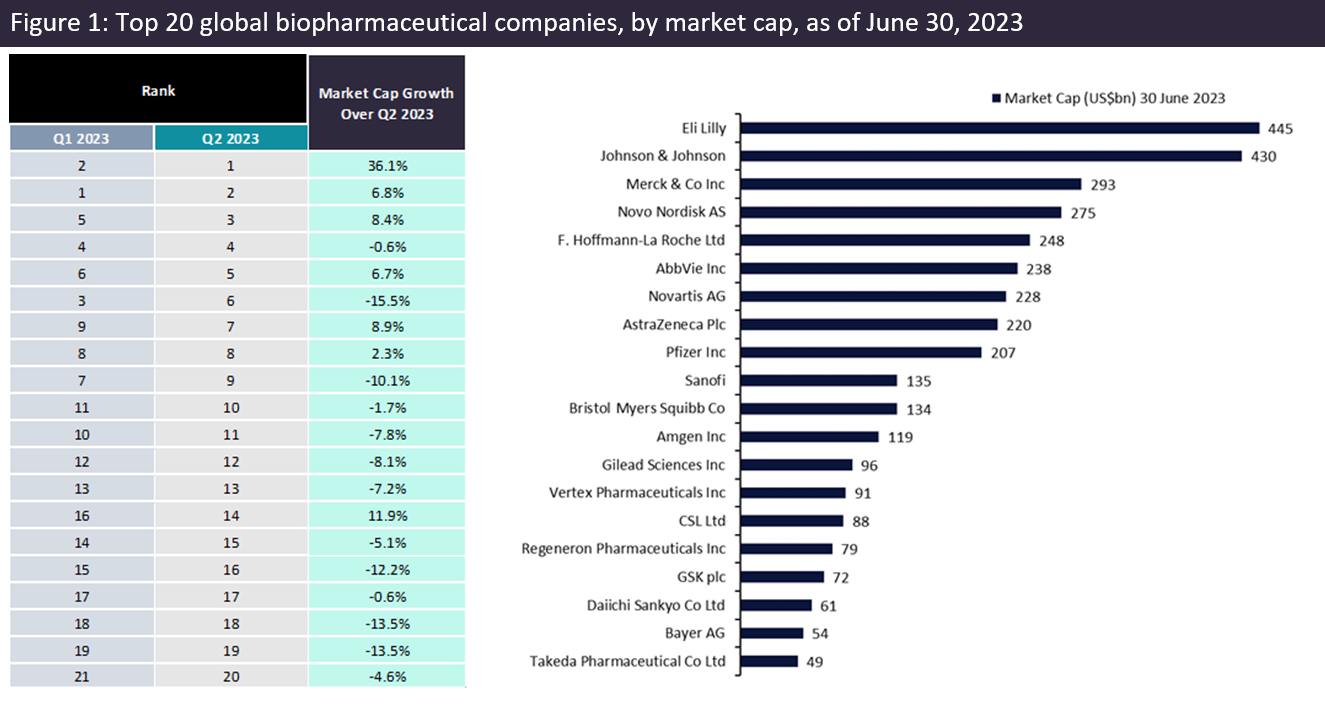Rare-disease doctors support expanded newborn genomic screening, survey finds
There is emerging consensus among rare-disease physicians that genomic sequencing of infants should be used on a broader scale.

Plummeting costs of DNA sequencing technologies are injecting urgency into the longstanding debate over whether to dive deeper into the genomes of more infants — even apparently healthy ones.
Experts are divided about how helpful DNA sequencing data really are. The tests often identify mutations that raise someone’s risk of developing a condition, but don’t necessarily cause the disease. Uncertain results may confuse doctors and scare families — causing them to seek doctors’ visits and treatments that most ultimately won’t require, adding to unnecessary health care costs. There are also concerns about false positives and false negatives with sequencing. But a new study has found that among rare disease physicians — the ones to whom worried parents will turn — there is emerging consensus that these sorts of tests should be used on a broader scale.
What's Your Reaction?

































